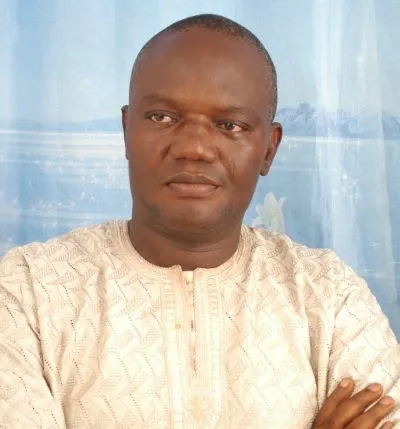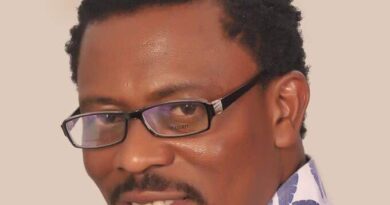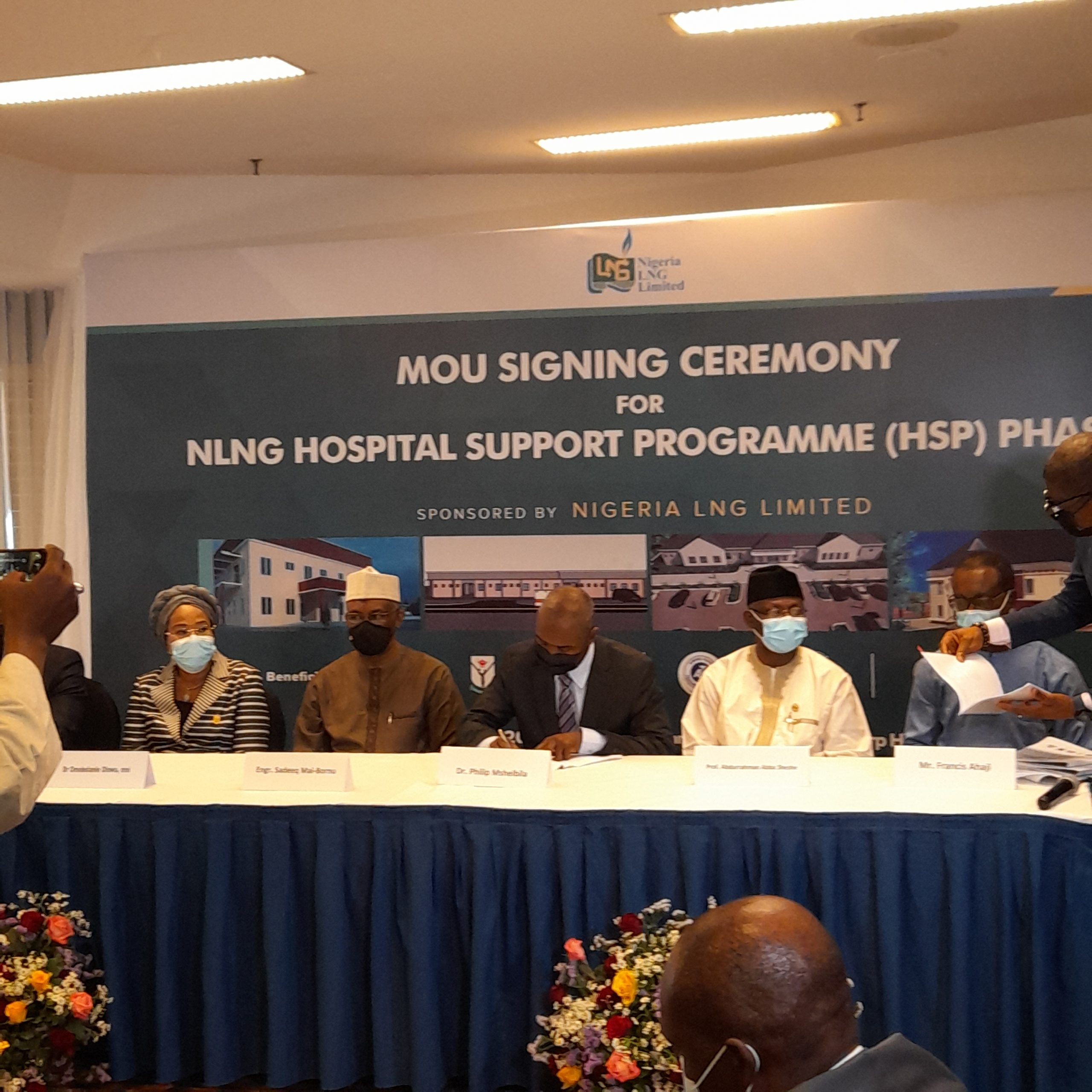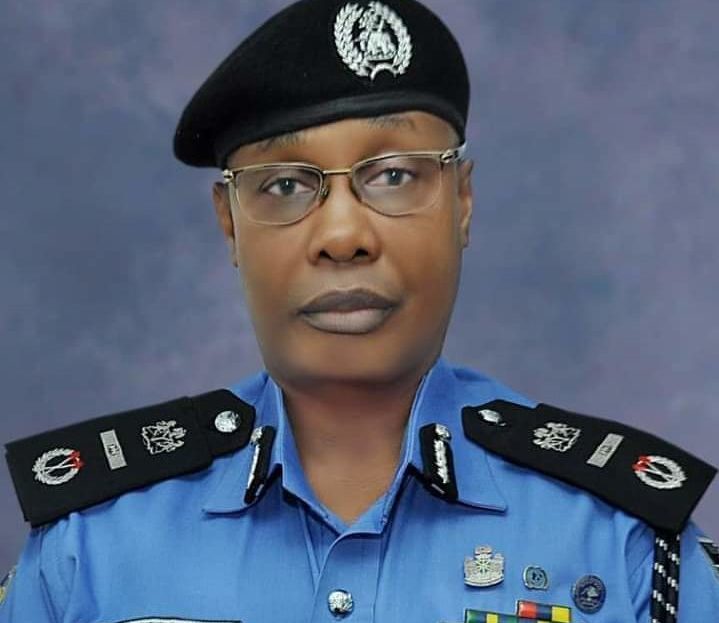Sanwo-Olu and the pursuit of a social market economy (2) By abiodun KOMOLAFE
Section 25 of the Nigerian Constitution is explicit on the differences between citizens and settlers. But then, there’s a saying in Ijesaland: ‘Gbogbo ìjesà ni omo Owá, sùgbón b’álé bá lé, àwon omo Owá mo ara won.’ Translated literally, it means ‘Kings have many children but when the chips are down, each king knows his real children.’ To put it succinctly, therefore, when it comes to nativity, no settler in Lagos can claim to be an Igbo and a Lagosian at the same time.
Not only that, while an indigene can be likened to a tap root with the capacity to regenerate, a settler is like a transplanted seedling; and it is a common phenomenon in every community. In other words, the fact that an Igbo man is living in Lagos does not make him a Lagosian. A trueborn Igbo knows this! That’s why he would want to build a house, first, in his hometown before doing so elsewhere. These are some of the areas Sanwo-Olu and, indeed, those who mean well for Lagos State in particular and Nigeria in general must critically look into before things get blown up. Failure to do it now will be tantamount to postponing the evil days.
In his book, ‘The Red Book of West Africa’ (first published in 1920), Allister Macmillan showed that, in terms professions and commerce, Yorubaland was probably the most advanced part of the British West African colonies. Macmillan unambiguously discussed in detail the intriguing amount of commercial advancements in the Colony of Lagos. Of course, what that shows is that the advancement in Lagos was Yoruba-centric. Thus, any contrary assertion is nothing but a repudiation of historical facts. Besides, Lagos being a port has also been an advantage in that it has since time immemorial been playing host to enterprising individuals as well as big entry and exit economic activities. So, the fact remains that Lagos wasn’t just the capital of Nigeria at a time, it was – still remains – a dynamic port that has been defining the path and creating the space in a liberal environment. Lagos is a state that’s over the years allowed non-indigenes to thrive.
In any case, if Bola Tinubu actually did well as Lagos State governor, why then did he lose the state in the presidential election of February 25, 2023? Had the governorship election not been shifted by two weeks, would Sanwo-Olu have also won a return ticket for 2nd Term? Arguably, what propelled the presidential election result was different in the sense that there was a lot of disaffection with the APC/PDP hegemony. For example, it’s difficult to have 133 million Nigerians in multidimensional poverty and say that the two political parties that have been exchanging batons of governance for the past 24 years have not disappointed Nigerians. From available indices, the issue remains pathetically unaddressed. So, the presidential election was practically a protest vote in cosmopolitan Lagos. Indeed, that has nothing to do with an individual.
To borrow from the immortal words of Andre Gunther Frank, Nigeria is a classic case of “the development of underdevelopment”. Dear fatherland is one big, pathetic example of growth without development. Here, we keep peddling big figures about growth but where is the development? Admitted that Ngozi Okonjo-Iweala is presently the biggest economist in Africa! But how has that translated into food on the table for my two little kids, aged 13 and 10? In our very eyes, a mudu of garri is now N800.00 while a 50kg of rice now sells for N62,000.00. A sachet of paracetamol tablets, which used to cost N70.00 a few months back, now goes for N200.00. As if the gods are angry, crowd-funding has taken over the social media space for illnesses as mild as headache. With these and many others currently troubling our Israel, whatever is left of the middle class is just one illness away from poverty.
In a social market economy, the raging issues of Area Boys, aka ‘agberos’, illegal drugs and marijuana consumption are a deathtrap, more so as they are interlinked. While Area Boys are a creation of successive leaders’ refusal to sincerely empower Nigerians for the future, illegal drugs and marijuana consumption is a dependency syndrome which has benefitted only the ruling class. Over the years, Nigeria’s leaders have built a low-scale, low-wage economy and there’s been no concrete political will to tackle it headlong. Deliberately or otherwise, our leaders have refused to build the kinds of Industrial Parks or Agricultural Settlements which Obafemi Awolowo, Nnamdi Azikiwe and Ahmadu Bello envisioned and built in their respective regions.
The truth of the matter is that agberos as a creation of the state are convenient battering rams for the political class who see them as willing tools during elections. But the danger in it is that the chickens will always come home to roost because we can’t have elections every day or every year. So, what happens in-between the elections? Of course, things will always get worse, because we have created an underclass of people without skills, and without hope. Karl Marx politely described it as a ‘dangerous class’. Regrettably, this creation of Frankenstein monsters has been the lot of the urban areas and Lagos State is not an exception. Of course, it’s going to get worse unless the needful is done. What do I mean? Well, has Nigeria been doing value additioning, wouldn’t earnings from the agriculture sector which remains primitive have by now been thrice the earnings from crude oil?
Much as Lagos is seen – and, truly so – as the ‘Centre of Excellence’, it is also where things happen! No doubt about it, Lagos State remains a visible template for other states in Nigeria, with lots of things building an edge above them all. Since the beginning of the 4th Republic, it has been enjoying a stable, uninterrupted rule. With a metro area population of 16,536,000, it is also bigger than some countries. Nationally, Lagos is rated as the commercial nerve center of Nigeria. Her Value Added Tax, VAT, remains unsurpassed by any other state in the country and, thank God, we are now living witnesses to the exploits of tested and trusted leadership which, in some decades back, one would have considered an unattainable feat. Many thanks to Tinubu and his successors in office for making Lagos the 19th best city in the world to live in 2024! Added to this is that Nigeria’s current president and Commander-in-Chief of the Armed Forces is from the state.
Sanwoolu is therefore blessed to have the rare opportunity of being in the driver’s seat of the number one state in West Africa. But for him to benefit from the green fruits of ruling a state like Lagos, he needs to really aim for the highest, and the best. After all, hardly can one find a tribe, culture or tradition not represented in the state, and the governor shouldn’t allow partisan politics to rob him of the opportunity of harnessing the multidimensional benefits of such wealth. Not too long ago, Tinubu became the ‘Jagaban of Borgu’ through his mastery of the art while governing the state.
Be that as it may, the governor must bear in mind that Lagos State is not only about Ikeja, or Marina, or Banana Island. It is also about Ikorodu and Ayobo-Ipaja! It is about Badagry and Epe. For the state to have stability and witness economic progress therefore, Iyana Ipaja–Toll Gate axis of the Lagos-Abeokuta Expressway, which, presently, is an eyesore, must be fixed; and ditto for other roads. Let Sanwo-Olu do his bit and leave the rest of the impassable expressway for Dapo Abiodun whose major achievements as Ogun State governor are yet to be seen.
*KOMOLAFE writes in from Ijebu-Jesa, Osun State, Nigeria ([email protected])




